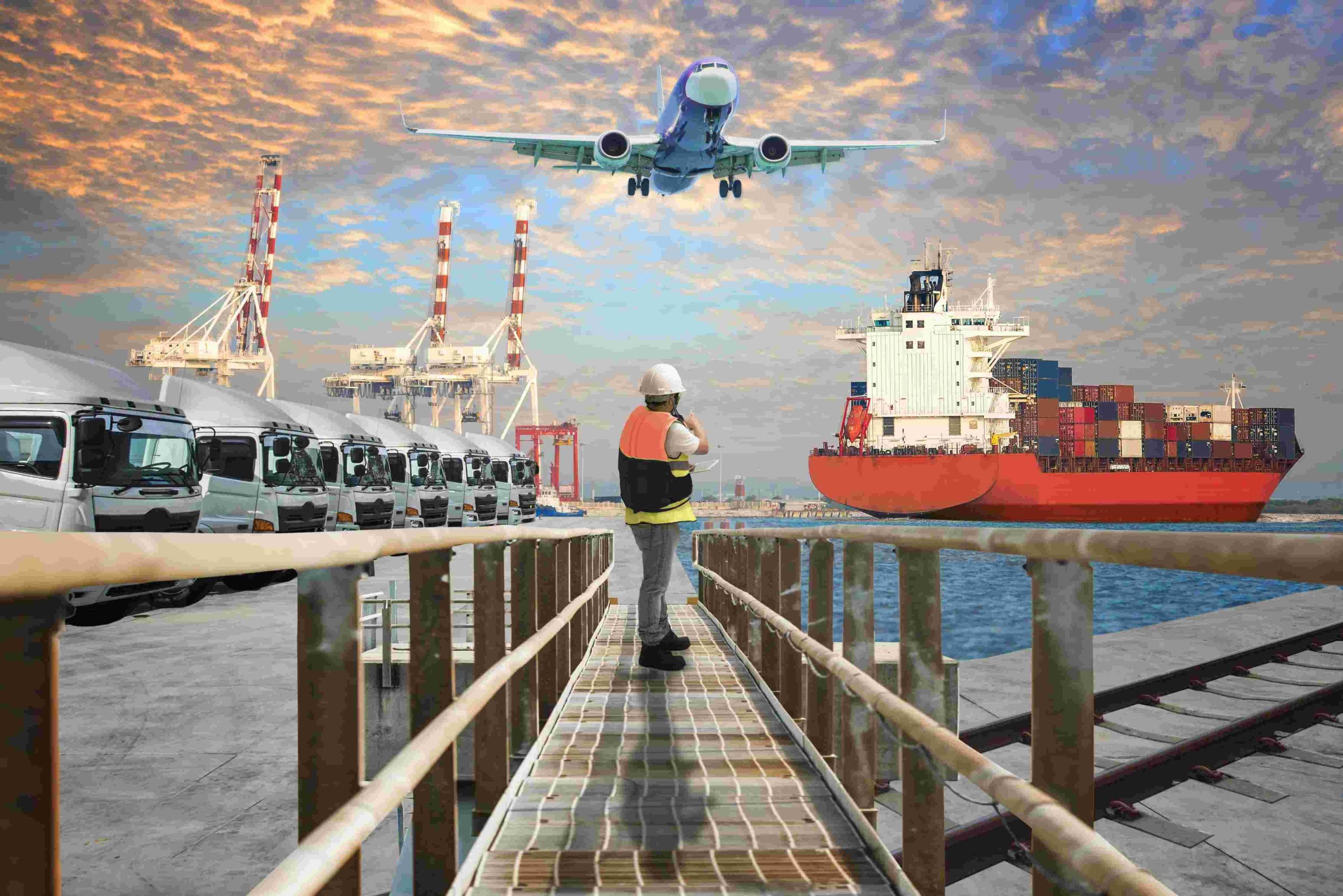In today’s fast-paced global market, choosing the right shipping method is crucial for businesses involved in international trade. Whether you want to import from China to Pakistan or ship domestically, understanding the differences between air cargo services and other shipping options like sea, road, and rail freight can help optimize costs and delivery times. This blog explores how air cargo services compare to other methods and when each is the best choice.
What Are Air Cargo Services?
Air cargo services refer to the transportation of goods by aircraft, primarily for international shipping. These services are often preferred for urgent deliveries, high-value items, and perishable products that require quick transit. The process typically starts with booking cargo space on a flight, followed by handling through customs and delivery to the final destination. For businesses looking to import from China to Pakistan, air cargo services provide a fast and reliable option compared to slower alternatives.
Overview of Other Shipping Methods
Sea Freight:
Sea freight is suited for large, bulky shipments like raw materials, heavy machinery, and retail stock. It is commonly used by manufacturing and automotive industries. While it offers high capacity at a lower cost, sea freight has longer transit times and depends heavily on port infrastructure.
Road Freight:
Road freight dominates regional and domestic shipments. It offers flexibility for last-mile deliveries but is generally slower than air cargo, especially for international transit. Road freight is essential when goods need to be transported across neighboring cities or within the same country.
Rail Freight:
Rail freight efficiently carries large volumes over long inland distances. Industries such as mining, energy, and construction rely on rail for transporting heavy goods. Rail offers a cost-effective alternative for bulk shipments but has fixed routes and schedules.
Key Differences Between Air Cargo and Other Shipping Methods
| Factor | Air Cargo | Sea Freight | Road Freight | Rail Freight |
| Speed | Fastest | Slowest | Moderate | Moderate |
| Cost | Highest | Most economical for bulk | Moderate | Cost-effective for bulk |
| Capacity | Limited | Large | Limited | Large |
| Reach | Global, including remote areas | Port-dependent | Regional | Route-dependent |
| Reliability | High (scheduled flights) | Weather-dependent | Traffic-dependent | Schedule-based |
| Environmental Impact | Highest emissions | Lower per ton | Moderate | Lower |
Advantages of Air Cargo Services
Air cargo services provide unmatched speed, making them ideal for urgent shipments such as electronics, medical supplies, and perishable goods. The global reach and reliable schedules ensure timely delivery even to remote regions. Enhanced security and real-time tracking further add to their appeal.
Limitations of Air Cargo
Despite its advantages, air cargo comes with higher costs compared to sea or rail freight. Weight and size restrictions limit the volume you can ship. In addition, weather conditions or air traffic delays can affect schedules.
When to Choose Air Cargo Over Other Methods
Air cargo is the best choice for time-sensitive shipments, including emergency supplies or small, high-value items. For businesses wondering how to import from China to Pakistan quickly, air cargo services can reduce delivery times significantly. It also suits scenarios where rapid international express delivery is crucial.
When Other Methods Make More Sense
If you deal in bulk shipments like machinery or raw materials and cost sensitivity is important, sea or rail freight options are preferable. Road freight works better for short-distance, regional deliveries where air cargo’s speed is less critical.
Combining Air Cargo with Other Methods (Multimodal Shipping)
Many businesses use multimodal shipping strategies to balance cost and speed. For example, a company might use air cargo services to import urgent parts from China to Pakistan while relying on sea freight for bulk restocking. This combined approach optimizes overall logistics efficiency.
Conclusion
Understanding the differences between air cargo services and other shipping methods helps businesses choose the right solution based on their specific needs such as delivery speed, volume, and budget. While air cargo offers speed and reliability, sea, road, and rail freight deliver cost-effective solutions for bulk and regional shipments. For expert handling of your transport needs, including reliable Pakistan cargo services, trust a professional logistics company like EB Logistics to guide your choices and support your business growth.
